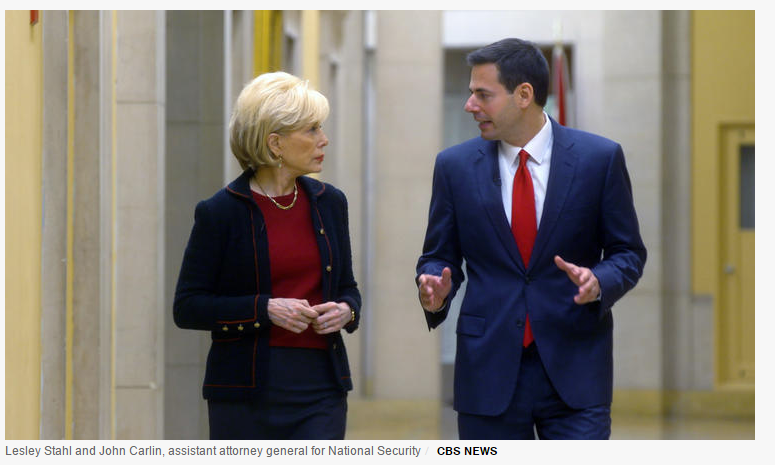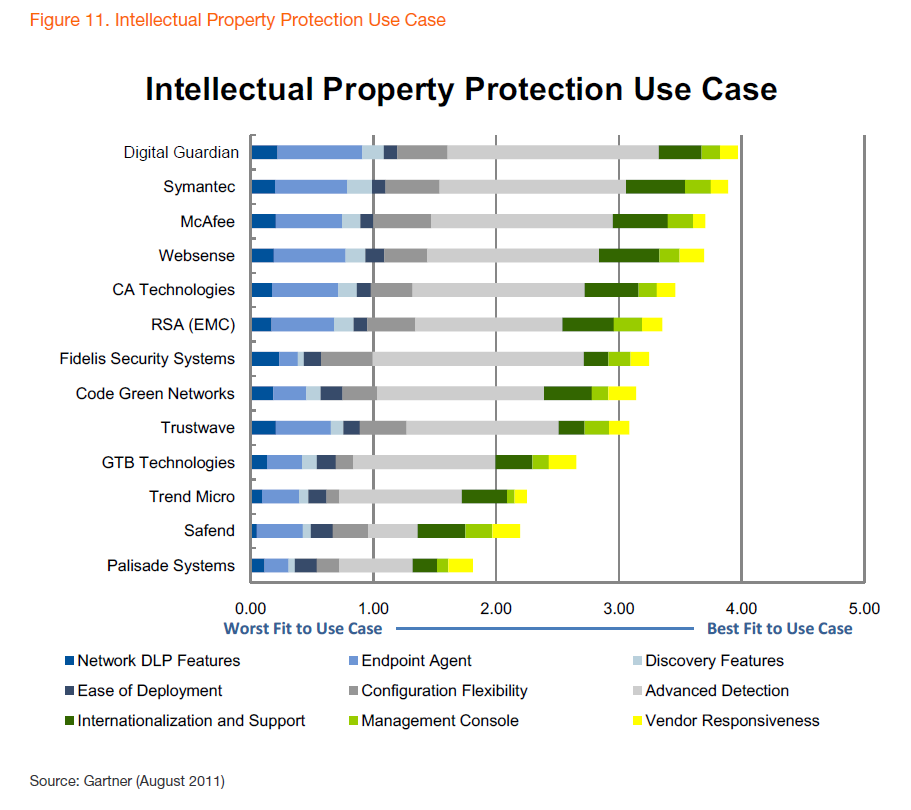WIPOut: The Devastating Business Effects of Intellectual Property Theft
| Contact Us | |
| Free Demo | |
| Chat | |
A recent 60 Minutes feature told of China’s current cyber-espionage campaign that stole one company’s intellectual property in its near entirety. As China’s campaign continues targeting U.S. companies across every industry, those companies must take steps to protect IP and preserve their competitive advantage.
This week’s 60 Minutes feature, "The Great Brain Robbery," by Lesley Stahl covered China’s wide-scale attack on U.S. companies to steal their intellectual property. Rather than competing with the U.S. economy through innovation and development, the 60 Minutes report shows how China is committed to stealing it through acts of cyber-espionage.
The Justice Department has declared that China’s espionage activities are so wide in scale that they constitute a national security emergency, as China targets almost every sector in U.S. business. According to 60 Minutes, this activity is costing U.S. companies hundreds of billions of dollars in losses and more than 2 million jobs.

Image via CBS.
The World Intellectual Property Organization (WIPO) is an agency of the United Nations that exists to promote the creation and protection of intellectual property globally. WIPO defines intellectual property as "creations of the mind, such as inventions; literary and artistic works; designs; and symbols, names and images used in commerce." Consider a modern enterprise - a business of that size undoubtedly creates and owns a staggering volume of intellectual property. The value that IP holds to the enterprise can be difficult to quantify, but is often a critical source of competitive advantage for the business. Logically, that IP also is a desirable target for competitors engaging in cyber-espionage.
Often times companies aren’t aware they’ve been victims of a cyber attack, especially when it involves the theft of intellectual property. The public are typically even less aware of cyber attacks involving intellectual property theft, as companies only have to disclose data breaches when they’re in violation of compliance mandates – such as when payment card or medical information has been exposed. Often times when intellectual property is stolen, companies will remain quiet and the information only becomes public during a litigation period, if ever. This makes tracking incidents of IP theft, and their impact on companies, exceptionally difficult.
During the 60 Minutes feature, American Superconductors Corporation (AMSC) was highlighted as one of the companies targeted by China’s economic espionage. Massachusetts-based AMSC created the code and controls to operate large wind turbines and partnered with a Chinese-government backed private company, Sinovel Wind Group. Co, to manufacture the turbines themselves. After a booming business launch that saw AMSC grow revenue from $50 million to $500 million, ASMC eventually lost over a billion dollars in share value as Sinovel stole all of its intellectual property and began creating and selling its own turbines. ASMC is suing Sinovel for over $1.2 billion dollars in Chinese courts, and had been in litigation with them for years.
China does not seem to be slowing down in its attempt to steal intellectual property from U.S. companies anytime soon, and it’s important that companies take a proactive stance on protecting intellectual property – in all forms – from unauthorized access, exposure, or theft. Every company that is currently innovating is at risk and attackers will target any trade secret of value: engineering plans, pharmaceutical formulas, manufacturing processes, chip designs, automobile designs, and more.
As intellectual property protection becomes more important than ever, many companies are faced with updating or building IP protection programs to address the modern threats posed by cyber espionage – be it competitive or nation state-sponsored. Data protection solutions play a critical role in this process by enabling organizations to better identify, understand, and safeguard their IP in various forms and across various attack vectors and egress channels.
Digital Guardian is currently rated number one by Gartner for Intellectual Property Protection, according to its latest Critical Capabilities for Content-Aware Data Loss Prevention report:

Image via Gartner.
In fact, our company was born out of a biotech manufacturer’s need to secure its IP against competitive espionage. In the 13 years since, we have built the most comprehensive platform for protecting sensitive data – intellectual property, financial information, customer data, health data, and more – in every form and throughout its entire lifecycle. Contact us to obtain a full copy of Gartner’s Critical Capabilities for Content-Aware Data Loss Prevention report and learn more.
Recommended Resources

All the essential information you need about DLP in one eBook.

Expert views on the challenges of today & tomorrow.

The details on our platform architecture, how it works, and your deployment options.